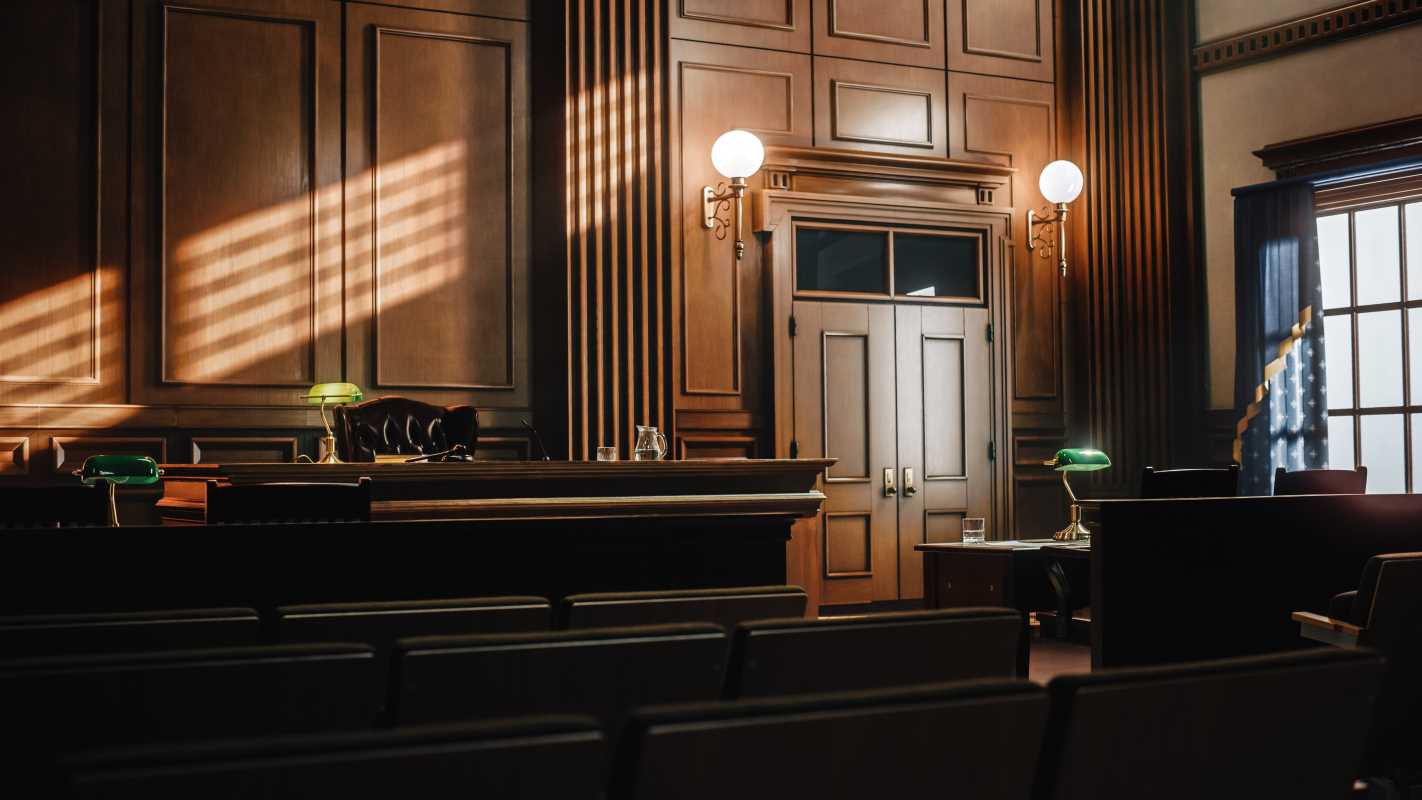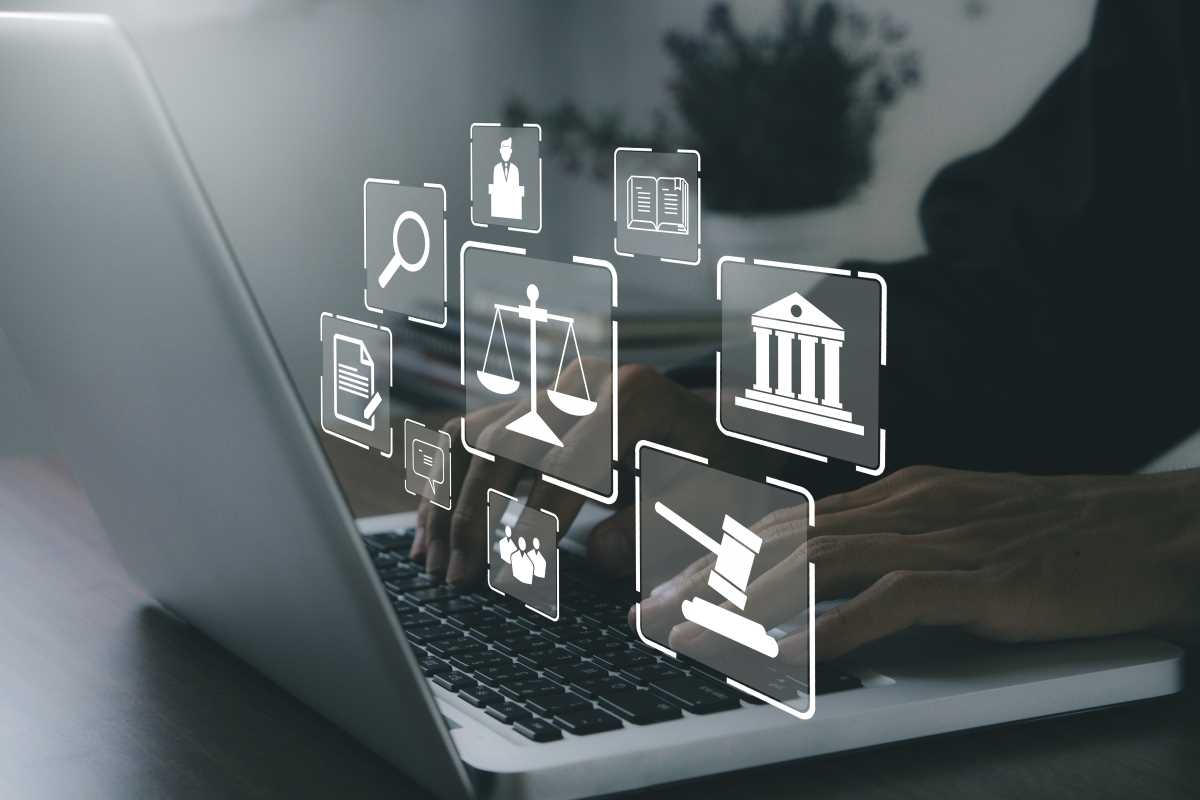Forensic linguistics sits at the intersection of language and the law, playing a crucial role in various legal proceedings such as authorship attribution, threat assessment, and the analysis of legal documents. As this interdisciplinary field grows in importance, it faces several challenges that can impede its effectiveness and reliability. Understanding and overcoming these obstacles is essential for forensic linguists to provide accurate and credible analyses in legal contexts.
Understanding Forensic Linguistics
Forensic linguistics involves the application of linguistic knowledge and methods to legal issues. This can include analyzing written or spoken language to determine authorship, interpreting legal texts, or assessing the credibility of witness statements. The field draws on principles from both linguistics and law, requiring practitioners to have expertise in both areas to effectively bridge the gap between language analysis and legal standards.
The significance of forensic linguistics has grown with the increasing complexity of legal cases and the need for precise language interpretation. From deciphering ambiguous contractual terms to identifying deceptive communication in criminal cases, forensic linguists provide invaluable insights that support the justice system. However, the specialized nature of this work also introduces unique challenges that must be addressed to maintain the integrity and applicability of linguistic analyses in legal settings.
Common Challenges in the Field
- Subjectivity in Analysis: Linguistic interpretation can be inherently subjective, leading to varying conclusions among experts.
- Lack of Standardization: The absence of standardized methodologies and guidelines can result in inconsistent practices across different cases and practitioners.
- Legal Admissibility: Ensuring that linguistic evidence meets legal standards for admissibility can be difficult, especially in jurisdictions with strict evidentiary requirements.
- Complexity of Language Data: Analyzing large volumes of language data, such as lengthy documents or extensive spoken recordings, is time-consuming and resource-intensive.
- Interdisciplinary Communication: Bridging the gap between linguistic terminology and legal concepts requires effective communication and mutual understanding between forensic linguists and legal professionals.
Strategies for Overcoming Challenges
- Developing Standardized Protocols: Creating and adhering to standardized methodologies can reduce subjectivity and enhance the reliability of linguistic analyses.
- Continuous Professional Training: Providing ongoing education and training for forensic linguists ensures they remain updated on the latest linguistic theories and legal standards.
- Collaborative Practices: Encouraging collaboration between linguists and legal experts can improve the applicability and clarity of linguistic findings in legal contexts.
- Technological Integration: Utilizing advanced linguistic software and tools can streamline data analysis, making it more efficient and accurate.
- Establishing Clear Communication Channels: Facilitating clear and concise communication between forensic linguists and legal stakeholders can bridge interdisciplinary gaps and enhance mutual understanding.
The Role of Technology and Innovation
Advancements in technology have significantly impacted the field of forensic linguistics, providing tools that enhance data analysis and interpretation. Natural language processing (NLP) and machine learning algorithms, for example, enable forensic linguists to analyze large datasets more efficiently, identifying patterns and anomalies that might be missed through manual analysis. These technologies not only increase the speed and accuracy of analyses but also allow for the handling of more complex language data.
Moreover, innovations in audio and video processing have improved the ability to analyze spoken language in legal contexts, such as courtroom recordings or intercepted communications. These technological enhancements support forensic linguists in delivering more robust and evidence-based findings, thereby strengthening their contributions to legal proceedings. As technology continues to evolve, its integration into forensic linguistics is likely to further enhance the field's capabilities and effectiveness.
Case Studies and Expert Insights
Examining real-world applications of forensic linguistics provides valuable insights into the challenges and solutions within the field. For instance, the analysis of ransom notes in criminal investigations often involves determining the likely author based on linguistic patterns and stylistic features. In one notable case, experts were able to link a ransom note to a suspect by identifying unique syntactic structures that matched the suspect's known writing samples.
Experts in the field emphasize the importance of maintaining rigorous analytical standards to ensure the credibility of forensic linguistic evidence. According to one study on Forensic Linguistics, establishing standardized procedures and fostering interdisciplinary collaboration are crucial for overcoming the field's inherent challenges. These case studies and expert opinions highlight the practical applications of forensic linguistics and the ongoing efforts to address and mitigate its challenges.
The Future of Forensic Linguistics
The future of forensic linguistics is promising, with ongoing advancements and growing recognition of its importance in the legal system. As the field continues to develop, there is a strong emphasis on establishing more robust methodological frameworks and enhancing the reliability of linguistic analyses. The integration of emerging technologies and continued interdisciplinary collaboration will play pivotal roles in shaping the evolution of forensic linguistics.
Additionally, the increasing complexity of legal cases and the expanding role of digital communication will likely drive further innovation and specialization within the field. Forensic linguists will need to adapt to new linguistic challenges posed by evolving communication mediums and data formats. By addressing current challenges and embracing future opportunities, forensic linguistics can significantly contribute to the efficacy and fairness of the legal process.
In summary, forensic linguistics is a vital and evolving field that bridges language analysis and legal processes. By understanding the challenges it faces and implementing effective strategies to overcome them, forensic linguists can enhance their contributions to the legal system and ensure the continued growth and reliability of the discipline.
 (Image via
(Image via





